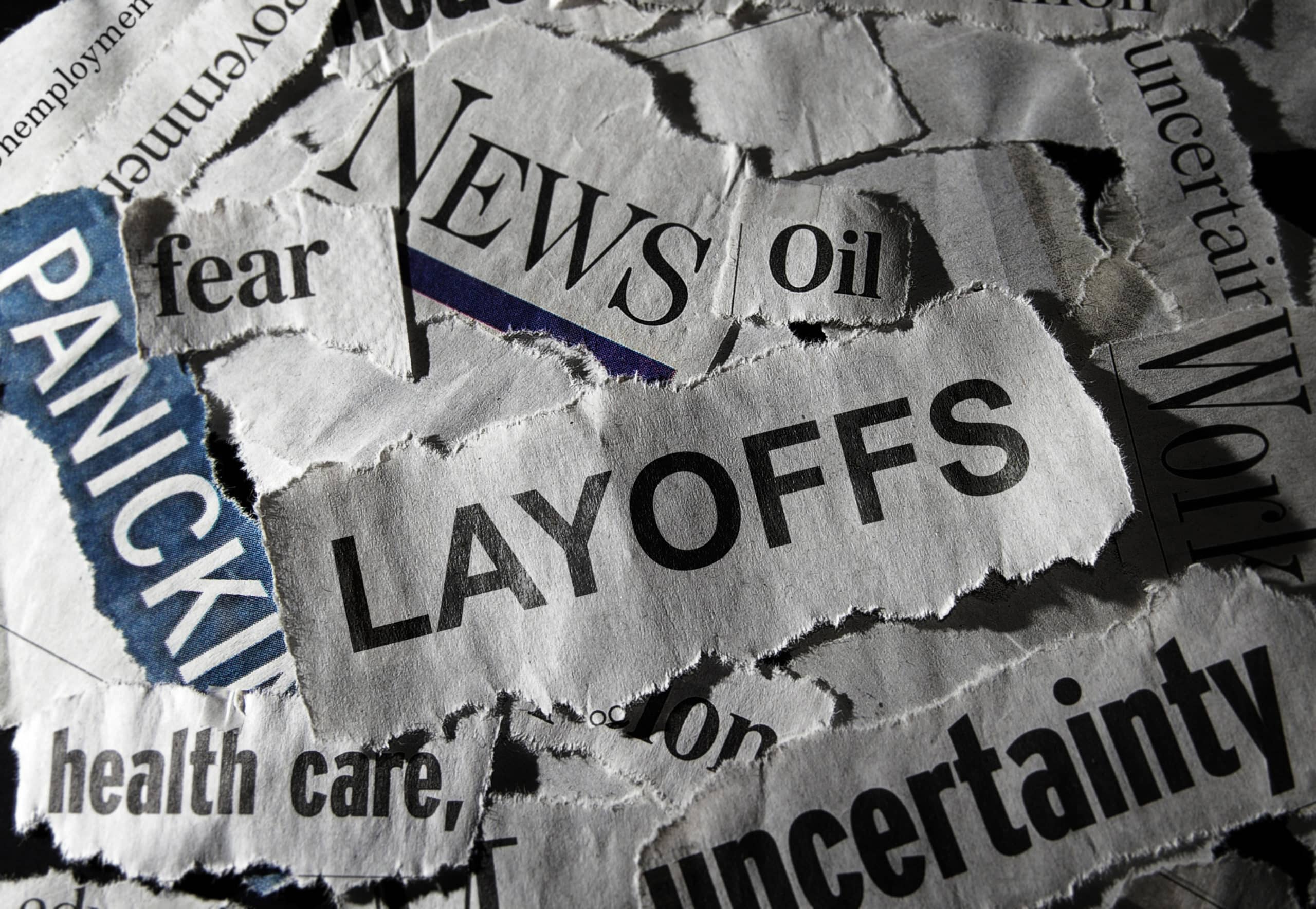The COVID-19 pandemic has sent shock waves rippling through the world economy. Almost immediately, we shifted to a work-from-home environment across virtually every industry sector. Many organizations are now facing the very real possibility of furloughing employees, implementing layoffs or eliminating jobs completely. These actions might be critical for the sustainability of the organization, but they will be more challenging to implement while unprecedented numbers of employees are temporarily working from home.
Given current economic conditions and widespread disruptions to business and personal life, the impact on those displaced, those remaining, and the organization as a whole will be significantly greater than normal. It is therefore critical to recognize and respond to the unique dynamics of displacing workers in the midst of the COVID-19 situation.
Planning and Preparation
Planning and preparation for action is challenging because of the dynamic nature and unknown duration of the situation. While the near-term business impact of COVID-19 is clear for many organizations, the full magnitude and duration of the impact is not yet known. While this makes planning a challenge, employee-related expenses are typically amongst the biggest costs for any organization, which means they may need to be addressed.
Many organizations have opted for an 80% work week at 80% pay since this creates a 20% reduction in expenses while maintaining and protecting organizational capacity for recovery. Other organizations have determined that their drop in business has been too steep and/or will last too long to avoid layoffs. In these situations, immediate action is required and the shift to work from home requires alternatives to in-person separation meetings.
Logistics and Implementation
Video conferencing or phone is the most realistic and appropriate alternative for giving notification of the layoff or job elimination. While not ideal, these tools provide a much better avenue for sharing the message in an empathetic way and verifying the message was received than notification by email or other messaging platforms.
Group notifications via video or phone conferencing makes sense for large layoffs as these channels provide consistency and timeliness of message. They are an effective way to announce what is happening and why, but they are not effective as a forum for providing individual information, discussing the logistics of handing off work, or addressing employee-specific concerns. Individual video or phone conferences are preferred when the number of people being notified make this a possibility.
Regardless of the forum, it is critical to have a script to make sure the message is clear and consistent. As with in-person separation meetings, it is important to have a second organization representative present on individual notification calls to act as a witness to what was said.
Logistics to consider:
- WARN Act – The federal Worker Adjustment and Retraining Notification (WARN) Act and various state versions of the WARN Act require advance notice when a mass layoff or plant closing occurs that results in employment loss for a requisite number of people. While the federal WARN Act expressly recognizes that “an unanticipated and dramatic major economic downturn might be considered a business circumstance that is not reasonably foreseeable,” not every state currently has this exception.
- Determination on How Severance Will be Handled – Neither your organization nor the individuals impacted by job loss likely had any indication that such action would need to be taken and neither were likely prepared. If your organization has provided severance and career transition assistance in the past, it is strongly recommended that you continue to provide this support as it will be desperately needed. In addition, your remaining employees will be watching and worrying. Providing a safety net to those departing will help both the impacted individuals and your organization rebound.
- Delivery of Documents in Follow-up to the Announcement – Since the meeting will not be in person, the separation letter and any other supporting documents will need to be delivered by email, or overnight delivery. Resources such as DocuSign could be utilized for the remote signing of benefits, severance and release agreement documents and may add some level of efficiency to the process. Some states have final paycheck laws that stipulate the timeframe an employer has to deliver a former employee’s last paycheck. Some require immediate payment while others allow for the next payroll cycle.
- Return of Company Property – Arrangements need to be made for return of company material and company provided equipment (i.e., laptop, cell phone, etc.). Returning these items by FedEx or UPS probably makes the most sense but may entail logistical challenges in terms of payment and where to send the equipment if your physical office location is temporarily closed. If severance is being offered, consider adding language to the severance agreement that states that severance will be withheld if specified company property is not returned in a specified period of time.
- Return of Employee’s Personal Possessions – Separated employees who were working at your office prior to the work-from-home scenario may still have personal possessions at the office. Instructions will need to be provided on logistics of returning these items.
- IT Considerations – As with any separation, access to email and other systems needs to be rescinded and this needs to coincide with the separation date.
- Transition of Work – Since the impacted employee is working remotely and all or part of their work product may reside outside the office, their manager needs to have a plan to get a status update and secure work done on ongoing projects before the employee’s last day.
- EAP Support – If your employee benefit plan includes an Employee Assistance Plan (EAP), this can be a valuable resource for both your departing employees and your remaining employees as they deal with the ramifications of all that is happening.
Communication and Business Continuity
Layoffs and position elimination cause angst and disruption for the entire organization. Clear communication and a focus on business continuity helps ease the trauma and provides focus for remaining employees.
As quickly as possible, let the broader organization know what steps have been taken, why, and what will happen next in terms logistics and redistribution of work. A similar communication plan needs to be implemented for clients, vendors, or other key constituents to ensure continuity. Whatever the situation, proactive communication is always better than letting the rumor mill define and circulate the message. These are difficult times which may require difficult actions. Organizations that focus on handling these actions as best they can, practicing good communication, and maintaining an appropriate degree of business continuity will weather this storm better than those that are rash in how they slash their people costs.
Brian Clapp
President
CCI Consulting



